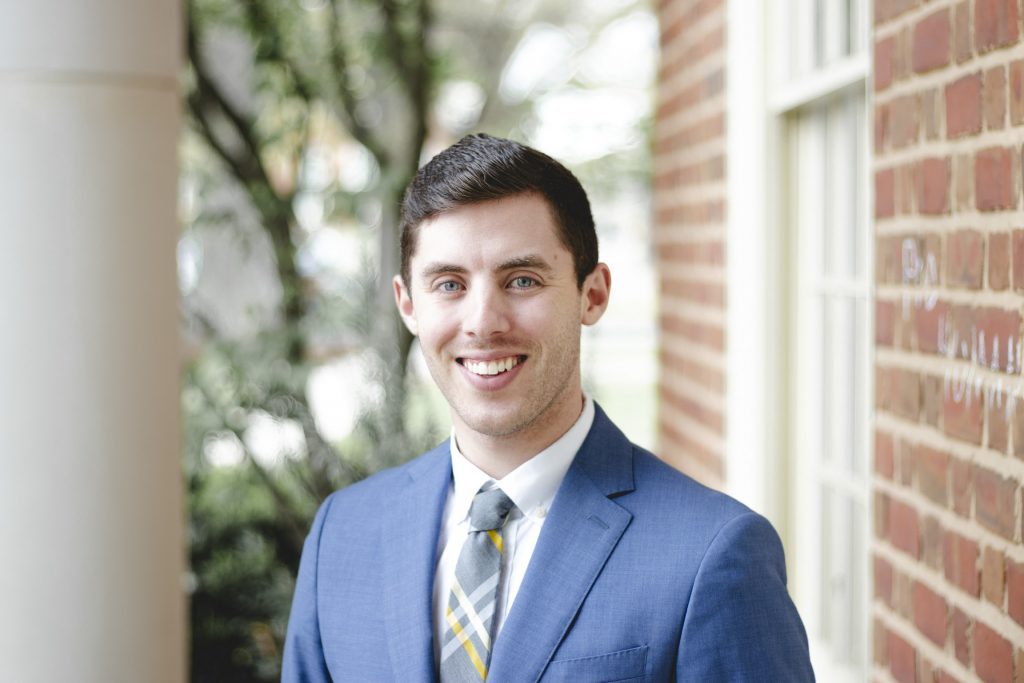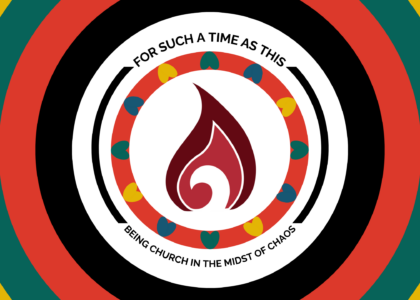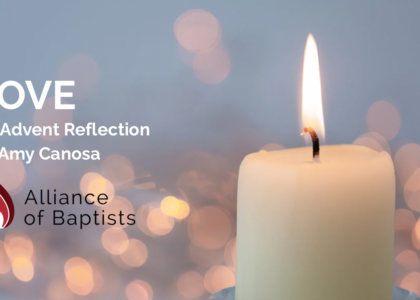By Rayce Lamb
Step One: Rest.
One of my favorite scriptures around rest comes from the Gospel of Mark. One sabbath Jesus and his disciples are walking through a grainfield under the lurking eyes of the Pharisees. As they pass through, his disciples begin to pluck some grain and the Pharisees seize the opportunity to undermine Jesus’ ministry by saying “Look! Why are they doing what is not lawful on the sabbath?” (Mark 2:24). In true Jesus fashion, he first gives a little history lesson to the top scholars of his field and then introduces a new understanding of sabbath by saying, “the sabbath was made for humankind, and not humankind for the sabbath” (Mark 2:27).
It may not seem like much, but these words were a direct subversion of the traditional view of sabbath in Jesus’ culture. Jesus makes the argument that sabbath does not exist for God’s sake, but for the sake of humankind. It isn’t a religious practice to observe in the worshipping of the Divine, but rather a sacred gift from the Divine to aid in our own personal and communal well being. Jesus’ teaching takes the authority over sabbath away from the institutionalized religion of his day and declares that authority now lies in the hands of humankind.
Capitalism has fueled a culture of passive productivity; this feeling that we must always be ‘on’ or ‘doing something’ so that we do not waste precious time. After all, time is money, right? The reality is that most of us can see the problems of our economic system. We witness how it generates massive amounts of wealth for the most privileged of the privileged. We see how wrongful death claims and life insurance policies value us based on our economic contributions to society. We even note how the ‘greatness’ of our nations is measured in GDP and not in how low our homelessness rates are or how easy it is for our citizens to access affordable mental health resources. We can see the problem, but we too often don’t associate ourselves with it.
The truth is that most of us, myself included, struggle to counter the culture of passive productivity with the gift of sacred rest. But when we do partake in rest, we make our own proclamation to capitalism that reminds it that it relies on us, not us on it. When Jesus declared the authority of sabbath lay in the hands of humankind, he also put the responsibility of sabbath in the hands of humankind. Similarly, when we grow our autonomy over capitalism, we must begin to bear the responsibilities that come with that autonomy. This means working with policy makers, stakeholders, and each other to reimagine an economic system that works for all of God’s creation—from our environment to our neighbors on the other side of the world.
But, first, we must rest if only to show that we can. So if you are looking for permission here it is. Take a breath. Take a deep breath. Use that PTO. Take that vacation. Negotiate that sabbatical and go enjoy the divine gift of rest so that you can come back restored ready to help bear the responsibilities of co-creating an economically-just world with God.

Rev. Rayce J. Lamb (he/him/his) serves as the Director of Admissions and Enrollment Management at Wake Forest University School of Divinity in Winston-Salem, North Carolina. Rayce is a member of Wake Forest Baptist Church. He is also the founder and director of Faithonomics, a social impact venture on a mission to challenge poverty through the holistic financial formation of faith leaders and their communities. You can learn more about the work of Faithonomics by visiting www.faithonomics.com.





Recent Comments